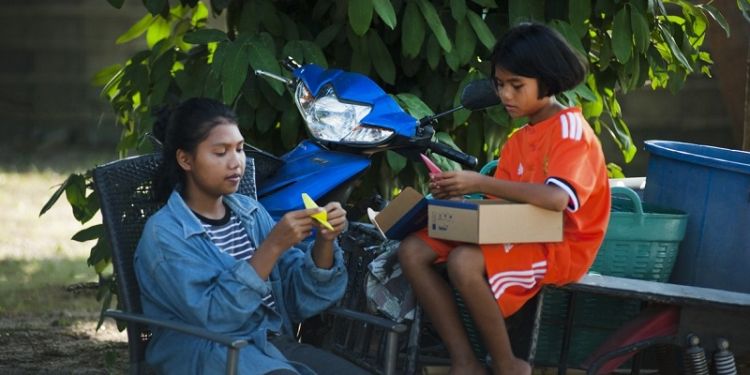MA by Research case studies
Charlie Drury. Thesis: Inclusive education Thailand

Charlie now works for Thai Children’s Trust, a UK charity which supports care and education for disadvantaged children in Thailand. Charlie’s research presents the argument that socio-cultural characteristics of Thailand may potentially act as barriers or bridges between inclusive education rhetoric, which is heavily rights-based and flavoured by Western ‘best practices’, and the reality of ground-level practices of inclusion. Observations of inclusive education and research interviews with a sample of key implementers and stakeholders were conducted in Thailand. Findings showed that certain elements of Thai culture did influence the gap between policy and practice of inclusive education. These characteristics and their implications for social behaviour impacted on implementer capacity and will in three key areas: attitudes; administration; and tools/resources. Important attitudinal and administrative bridges and barriers to inclusion were identified. This indicated that a Western, rights-based model of inclusion was perhaps not appropriate for use in many parts of Thailand, particularly in rural areas where the concepts and values expounded by this rhetoric may be especially foreign. However, this is not to say that inclusion did not exist or could not succeed in these areas.
Charlie’s research suggests that the universalisation of development agendas concerning disabled people and education may be appropriate in principle but may not translate ideally into practice without consideration of the socio-cultural values and behaviours which may impact them.
MA by Research
Thesis title: Implementing inclusive education in Thailand: Socio-cultural barriers and bridges between rhetoric and reality.
Since the adoption and implementation of inclusive education in Thailand, the number of disabled children receiving education has dramatically increased. Despite success in enrolment, studies suggest that there are significant disparities between the inclusive education model expounded by political rhetoric and inclusive practices found in reality

